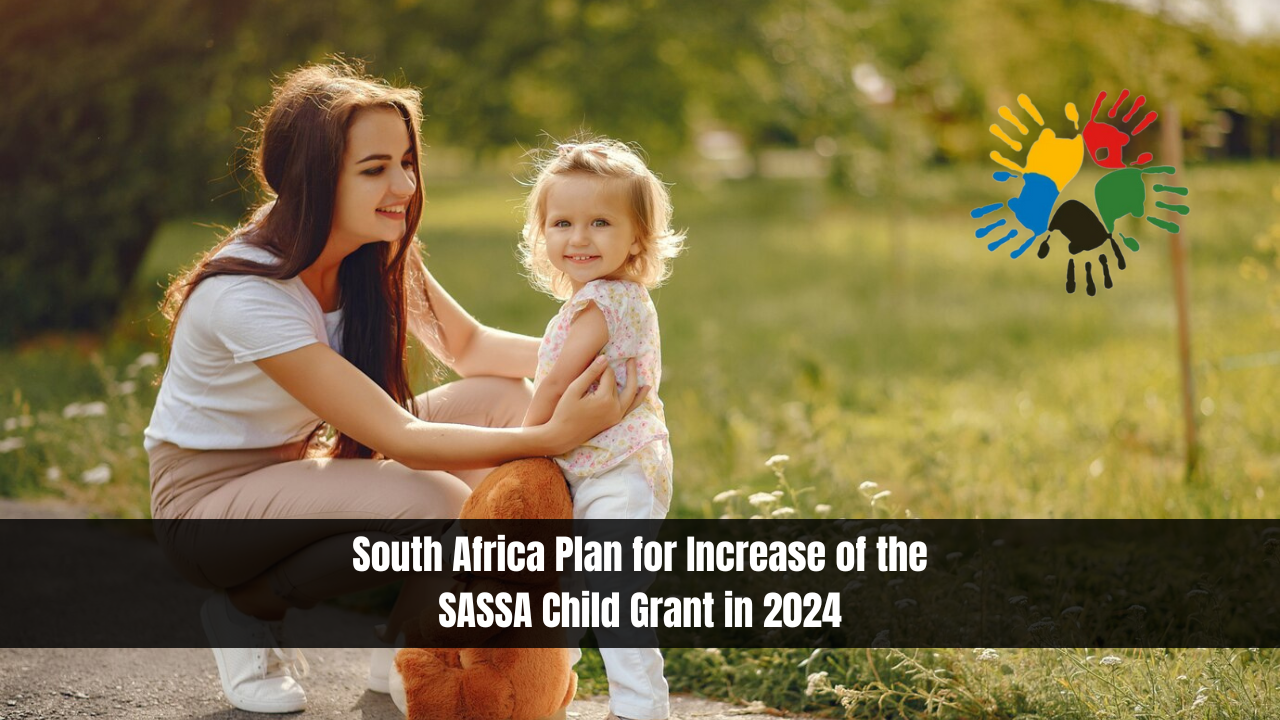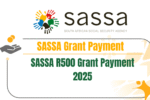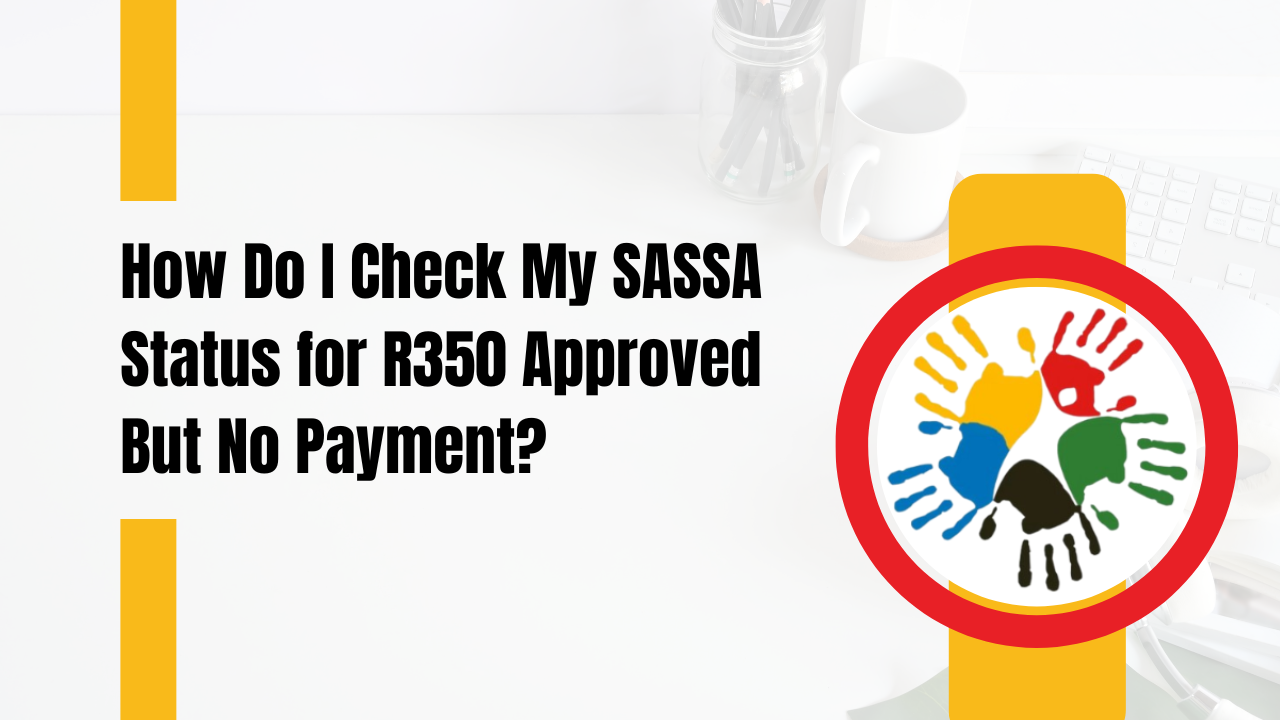South Africa Plan for Increase of the SASSA Child Grant in 2024. South Africa is currently facing a daunting economic landscape marked by escalating unemployment and pervasive poverty. As of recent assessments, roughly 40% of the adult population lacks employment, and over half of the populace endures conditions of stark poverty. This alarming scenario underscores an urgent need for robust social support mechanisms to stabilize the socio-economic fabric of the nation—particularly for its younger citizens.
Enhancements to the Child Support Grant in 2024
The Child Support Grant serves as a pivotal component of South Africa’s strategy to bolster economically vulnerable families, reaching approximately 13.2 million children across the nation. This grant primarily aids in covering fundamental living costs such as nutrition, apparel, and educational expenses. Despite its broad reach, the current grant amount of R530 per month does not align with the food poverty threshold of R760, a discrepancy that significantly hampers the grant’s efficacy.
Analysis of the Current Grant’s Efficacy
The gap between the grant amount and the actual cost of living means that for many, like Sarah Hlongwane who provides for a 12-person household, the financial aid is insufficient. Despite receiving the grant, the challenge of affording basic necessities like meals, schooling, and housing persists, highlighting the inadequacy of the current support in lifting families out of poverty.
Strategic Proposals to Mitigate Poverty
In response to these challenges, there is a confluence of suggestions aimed at refining South Africa’s poverty alleviation efforts:
- Expansion of VAT Exemptions: The proposal to broaden the list of VAT-exempt essential goods is anticipated to lessen the living costs for low-income groups by decreasing the prices of basic goods, thereby indirectly boosting the disposable income for these families.
- Capping of Administered Prices: Calls from economic experts to regulate the prices of crucial administered commodities, such as utilities and fuel, aim to stabilize the frequent fluctuations in living costs that disproportionately affect the poor.
- Enhancement of the Child Support Grant: Advocates for economic justice are vigorously recommending an increase in the grant to at least R760 per month to align with the food poverty line, thereby directly addressing the nutritional deficiencies among children.
Addressing Broader Socio-Economic Impacts
The impact of poverty extends beyond immediate financial hardships, significantly affecting children’s health and developmental outcomes. Approximately 30% of young boys and 25% of young girls under the age of five experience stunting due to inadequate nutrition, leading to long-term developmental challenges.
Improving the Child Support Grant not only addresses immediate nutritional needs but also contributes to mitigating long-term health issues like stunting, which severely impacts educational achievements and future economic prospects.
Conclusion
The pressing socio-economic conditions in South Africa necessitate a multi-faceted approach to poverty alleviation. Immediate measures such as increasing the Child Support Grant are crucial, but so are long-term strategies that include expanding VAT exemptions and capping essential living costs. These steps are essential for providing a more resilient and supportive economic environment, ensuring that children and families can meet basic needs and contribute to a more stable and prosperous South Africa.










